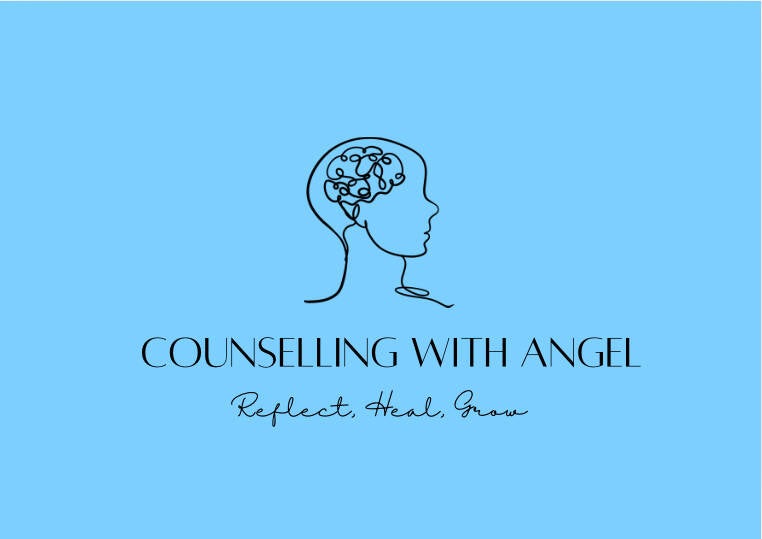
Understanding Stress
Stress is a natural response to challenging or overwhelming situations, but when it becomes excessive, it can take a toll on both your mental and physical health. It often arises from pressures in daily life such as work, relationships, financial concerns, or unexpected changes. While a small amount of stress can be motivating, chronic stress can lead to issues like anxiety, insomnia, headaches, or even more serious health conditions. Recognising stress early and taking steps to manage it—through methods like relaxation techniques, regular exercise, or speaking to a trusted professional—can make a significant difference in maintaining balance and well-being. Remember, it's important to prioritise your mental health and seek support when needed.

Stress in the workplace
Stress in the workplace is a common challenge faced by employees across various industries. It can stem from heavy workloads, tight deadlines, lack of support, or even interpersonal conflicts. While some level of stress is normal and can even motivate performance, excessive or prolonged stress can have serious consequences on both mental and physical health. Symptoms may include fatigue, trouble concentrating, irritability, or a decline in job performance. Addressing workplace stress involves recognising its sources and taking proactive steps to manage it. Whether work load feels too much, issues arising from relationships with colleagues are problematic or further training is needed, counselling provides the opportunity to explore different perspectives and approaches to readjust or resolve work based stress.

Stress in home life
Stress in home life can stem from various factors, such as financial pressures, relationship challenges, parenting responsibilities, or simply the struggle to balance personal and professional commitments. While feeling stressed from time to time is normal, prolonged stress can negatively impact your mental and physical well-being. To manage stress at home, it’s important to communicate openly with family members, set realistic expectations, and establish healthy routines. Taking time for self-care, such as exercising, practising mindfulness, or pursuing hobbies, can also help reduce tension. Remember, asking for support—whether from loved ones or professional resources—is a step towards building a calmer, more balanced home environment.
Financial stress
Financial stress can affect anyone at any stage of life. Whether it stems from mounting debt, unexpected expenses, or difficulty making ends meet, the pressure can feel overwhelming. It's important to acknowledge these feelings and take proactive steps to regain control. You may feel like avoiding the issues where it feels overwhelming and solutions feel difficult. It's very important to face these issues as soon as possible in order to regain control and reduce your stress levels. Start by assessing your financial situation clearly and honestly—this might involve creating a budget, prioritising essential expenses, or seeking professional advice. Remember, you’re not alone, and support is available. Small, consistent actions can make a big difference over time, helping alleviate financial worries and enabling you to focus on building a more secure future.

How can counselling help?
A trained counsellor can help you identify triggers, understand your emotional responses, learn coping techniques, implement changes and plan a life style according to your needs. Through open discussion and guidance, you can gain clarity, build resilience, and regain balance. Whether it's work pressure, interpersonal challenges, or personal struggles, counselling provides tools and insights to help you navigate stress in a healthy, balanced way.


Balancing life well
In today’s fast-paced world, balancing life well has become both a priority and a challenge. Striking the right equilibrium between work, family, personal time, and health is essential for maintaining happiness and overall well-being. It’s about creating harmony in all aspects of life, ensuring none are overlooked or overburdened. Counselling can helping to set clear priorities, managing time effectively, and allowing space for relaxation and self-care. Remember, achieving balance doesn’t mean doing everything perfectly; it’s about making conscious choices that align with your values and responsibilities. Taking the time to do this can help keep stress levels down and life more enjoyable and satisfying overall.

In recent years, reports indicate that stress levels across the UK have been steadily rising, with many individuals feeling overwhelmed by increasing pressures in their daily lives. Factors such as financial concerns, job insecurity, work-life balance struggles, and the lingering effects of the pandemic have significantly contributed to this growing issue. According to recent studies, a notable percentage of the population reports feeling stressed on a regular basis, with younger adults and working professionals being particularly affected. Experts suggest that addressing stress requires a multi-faceted approach, including raising awareness, fostering mental health support systems, and encouraging practices like mindfulness and physical activity to help alleviate the burden. If you're feeling stressed, remember that you're not alone, and reaching out for help is a vital first step towards improving your well-being.
Create Your Own Website With Webador